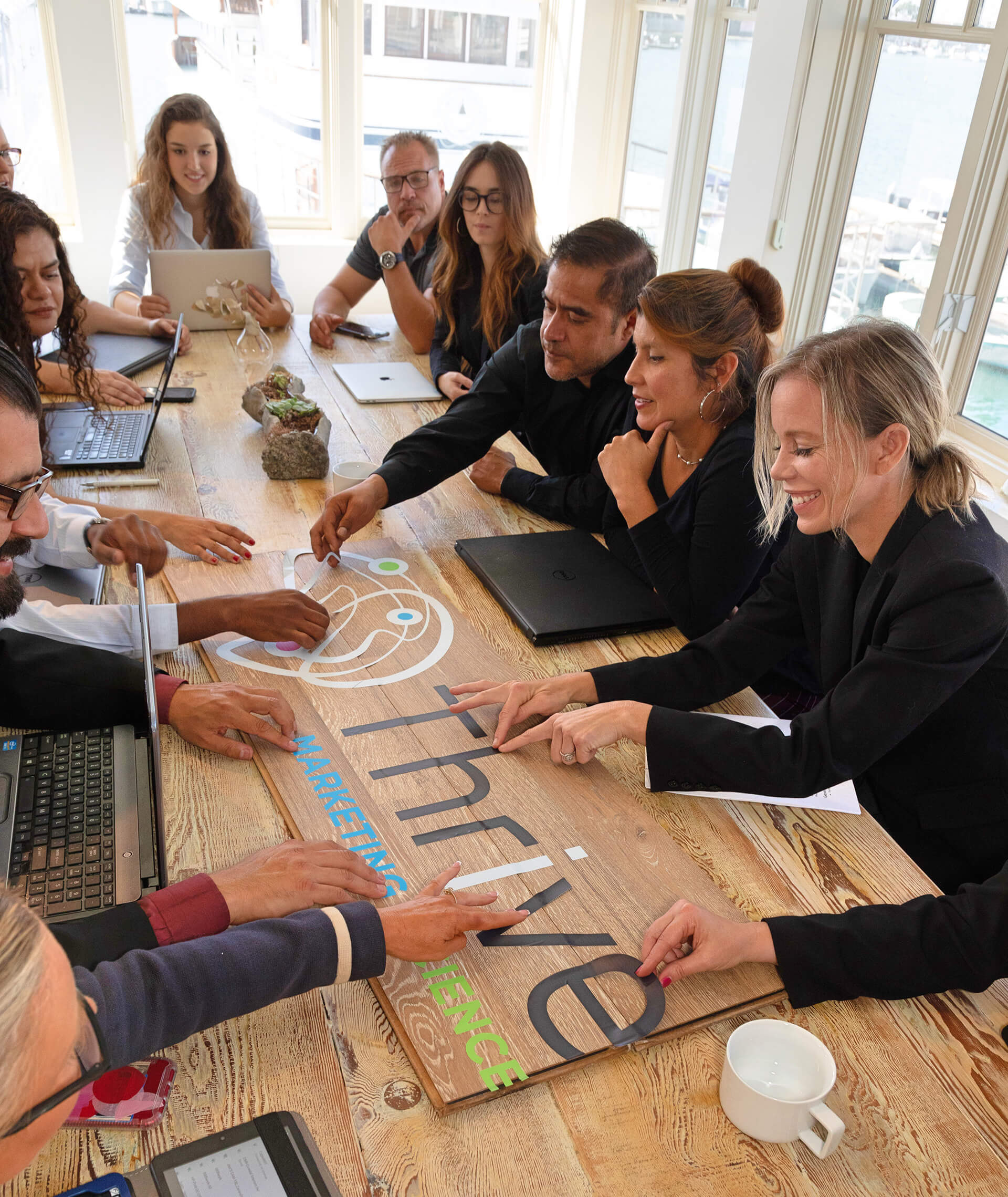Increase Wallet Share with the Science of Behavioral Economics
There is a discipline called Behavioral Economics that is growing in popularity. It is the study of the psychology behind why people make the financial decisions they do. In other words, it seeks to explain how people’s emotions and thoughts affect how they make decisions. The good news is you are probably already leveraging concepts from this field of study without knowing it. Now is the time to develop a deeper understanding of what you are doing right and how to take it to the next level. If you don’t, you can be sure your competitors that do, will gain an advantage over you.
Understanding why people make decisions will impact your bottom line. When you know why your players make the decisions they do, you can do a better job of influencing those decisions in ways that benefit your business. Scientists have established that the brain has two systems it accesses for decision making: the rational system and the automatic system. Understand this and you will elevate the power of persuasion that you have with your players. Here are the characteristics of the decision-making process within each system:
Rational
- Slow
- Self-aware
- Controlled
- Effortful
Automatic
- Fast
- Emotional
- Uncontrolled
- Effortless
When a player makes a decision in your casino, they make it by accessing one of these two systems. When creating your casino messaging—from floor signage to offers extended at the Player’s Club—understanding which system your message taps into can have a higher impact with your players. The result? More wallet share. Here is how it works…
The rational system has a high likelihood of activation when a player, in planning their next trip to your casino, calls VIP Services to make their reservation. In that scenario, they are operating from a place of conscious logic and attempting to make decisions to provide them with the highest-value experience possible. This is when extending an offer, such as an additional $10 comp at the steakhouse for booking a reservation in advance (resulting in the player staying on property longer and you capturing more wallet share), would have the most impact because it appeals to the rational, value oriented mindset of the player – the rational system of decision making. Automatic decision making comes into play when the player is on property and in an emotional state. One of the best ways to leverage this opportunity is by making decisions that benefit your property the easiest decisions the player can make. For example, to keep players on property longer during their visit, instead of asking if they’d like a reservation, have your hosts inform your players that there is a reservation booked for them at their favorite restaurant. This is a subtle and simple—but powerful—change in approach. When your hosts do this, they have made it easier for your players to stay on property and keep the reservation—saying no or cancelling it would be more work. This appeals to the automatic decision making system that prefers fast and effortless options when the player is in an emotional state.
A derivative of these Behavioral Economic principles is Nudge Theory—in action it is called Nudge Marketing. The concept is simple: you take information gleaned from behavioral economics, and you encourage customers to make choices that benefit your property. In gaming and hospitality, we are masters at this, but we may not know the practice in these terms. The frame of reference people have when making decisions massively impacts which decisions they make. This is referred to as “framing”. Following are two examples of Behavioral Economic principles you can use to increase wallet share when your players are on property and examples of ways to frame them in Nudge Marketing form:
- Temporal Discount Bias Nudge: This is the concept that something of value now has a higher perceived value than something of the same or greater value later. This strategic approach works like a charm with millennials. For example, $50 in cash now has more value than $100 six months from now. The $50 in cash now is “framed,” or compared, against the higher amount and a date that seems far away. Many lotteries put this to the test by offering winners $1,000,000 over 20 years via payments versus an immediate payout of $300,000. Winners almost always take the full amount available now.
- The Social Proof (or Norms) Nudge: In behavioral terms, we tend to do what those around us are already doing when we aren’t sure what to do. You probably use this one already by shouting the news about winners from the rooftops via a variety of methods. The thought behind this approach is that when you do this, players receive the messaging and have the perception (proof) that other players win at the casino, too. This works. Now think about ways you can take this to the next level. To increase ancillary revenue from room upgrades, your team can start saying something like, “More than 80% of our VIPs are upgrading to the executive suite for just $65 more a night. Is that something you’d like to do as well?” The choice of saying no to the suit upgrade is “framed” as unpopular against the choice of saying yes, which is framed as popular. Again, it sounds like just a small shift in choice of language, but these small changes can have a major impact on your bottom line.
Happy nudging!
Sarah Procopio, President of Thrive Marketing Science, a business intelligence and driven marketing firm. Sarah specializes in loyalty program development and turning around flailing companies and marketing programs quickly. She can be reached at sprocopio@thrivemarketingscience.com or 949.230.7873.



